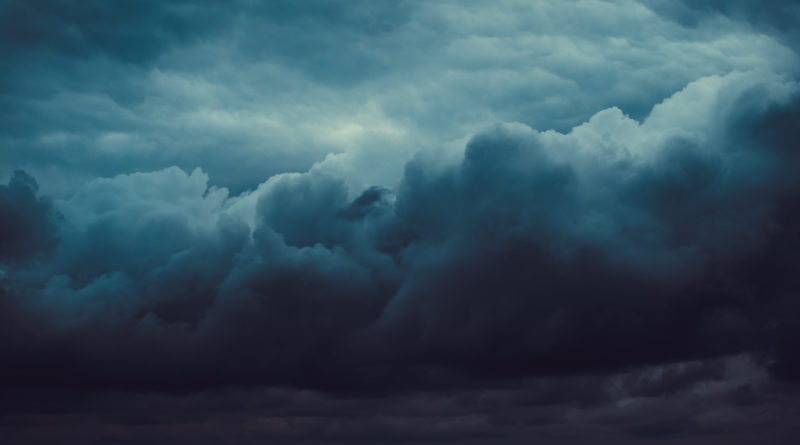How to Prepare for a Major Storm
713 total views, 1 views today
It’s early in hurricane season, and whether you live in a coastal area or not, it’s important to have a plan for staying safe in the event of a major storm. Taking some simple precautions beforehand can save your life and your property in an emergency, so read on below to learn how to prepare for a major storm.
Be aware of area-specific risks
The first step to being prepared for dangerous storms is to be aware of the specific risks of living in your area. The steps needed to prepare for a storm could be wildly different for someone preparing for a hurricane than for someone concerned with blizzards or tornadoes.
Not only is it important to understand regional risks, but you should also know how the specific geography around your home will affect you in an emergency situation. Knowing if you’re in a flood plain, if your roads will get blocked off in a snowstorm, and if your home’s geography makes it particularly dangerous in a hurricane or tornado will help you know how to prepare.
Gather supplies
If a severe storm cuts off your power or water, prevents you from driving to a store, or even destroys your home, it’ll be crucial to have the necessary supplies stored away. Food and water storage is the most important thing to remember, so buy a few cases of water bottles or gallon jugs of water and build up a supply of food storage.
Food storage will expire over time, so it helps to cycle through it and eat food before it goes bad. Just make sure you always keep enough food packed away so that you can take care of yourself in the case of an emergency.
In addition to a good supply of food and water, try to keep other essentials such as flashlights, matches, blankets, and a first aid kit handy. It’s best to keep these items stored together in a bag or box in case you need to grab everything in a hurry.
Have a plan
Develop a plan of action for how you’re going to get to safety or secure your home in the case of a major storm. This could vary greatly depending on where you live, but make sure you know the evacuation routes or emergency shelters you’d need to make it to if things got bad.
It’s also helpful to keep your emergency phone numbers saved so you know who to call even if the internet goes out and you can’t look up a number. Write down the phone numbers for your local police and other first responders, as well as any family nearby, or save these numbers in your phone.
Prepare your home
If you know in advance that a storm may be coming, there are several things you can do to prepare your home. Fill bottles or other containers with drinking water, and fill bathtubs and sinks with water for washing and cleaning. Clear items from your yard that could hit your house and be hazardous in severe winds, and consider blocking off your doors or windows if the storm threat is serious enough.

